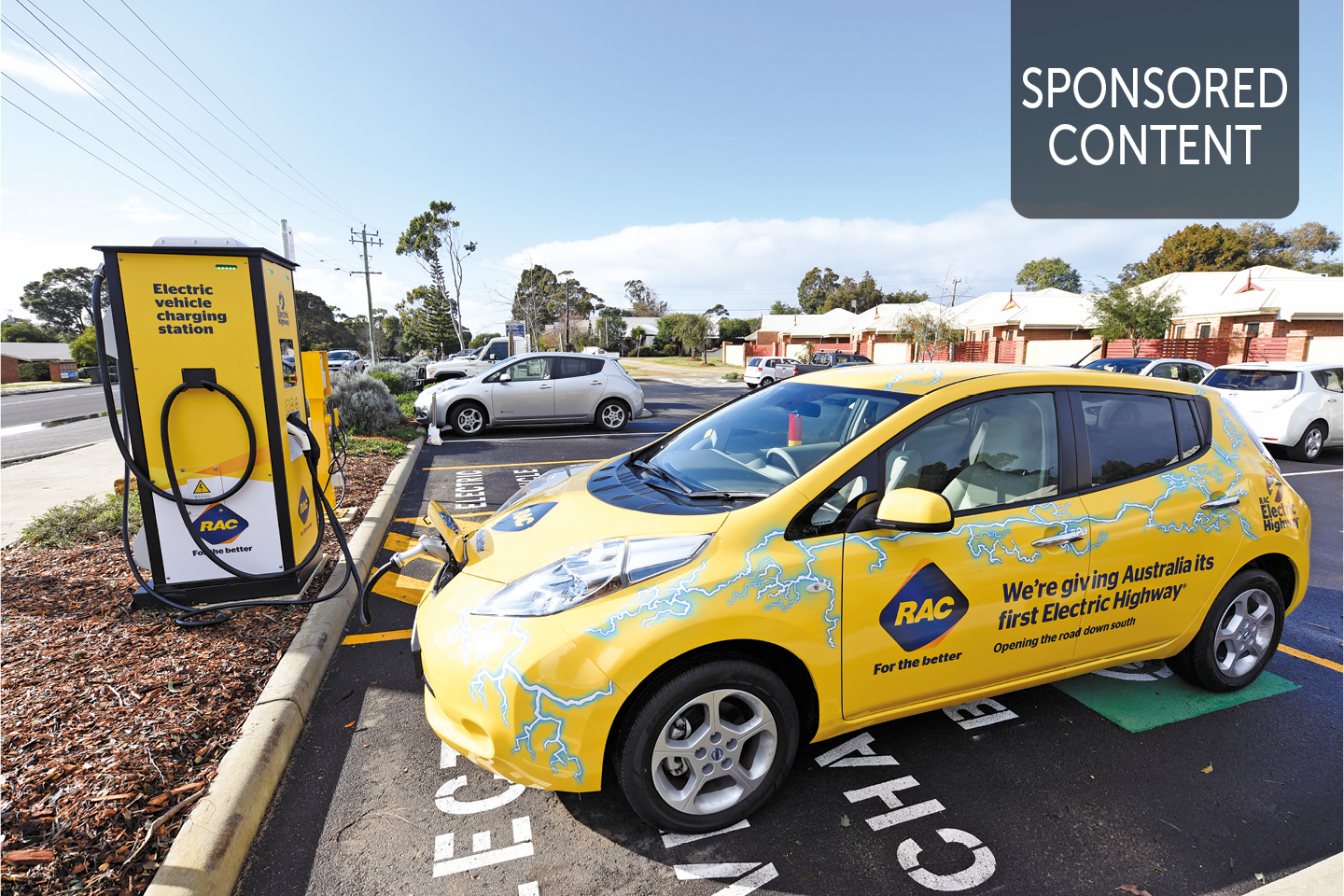

Around the world we’ve witnessed how during COVID-19 lockdowns, with fewer cars on the road, air quality in cities has improved. This is one of the important learnings from such a difficult period in our lives.
Conversely, we’ve seen how quickly things can turn in the opposite direction. The ongoing impacts of the pandemic have driven people away from public and shared transport and toward their own cars. In Perth, where more people are starting to return to their workplace, harmful vehicle emissions are almost certainly on the rise.
While advances in technology are increasing the availability of cleaner, more sustainable vehicles and fuels, greater action to increase the uptake of low and zero emission vehicles is needed.
A 2019 survey of RAC members revealed nearly 90 per cent of Western Australians believe the world’s climate is changing, and a majority attributed the cause to human activity. The same survey also found 64 per cent wanted more government action to reduce vehicle emissions, and almost 50 per cent would consider buying an electric or hybrid vehicle as their next car.
Public appetite for low and zero emissions vehicles is clear. However, despite growth internationally, local sales have been much slower. Currently only three per cent of Western Australians own an electric or hybrid as their primary vehicle, with EV registrations in WA totalling just 1,175 vehicles as of 30 June 2020.
To drive more purchases, we need to address concerns such as cost, range anxiety and access to charging infrastructure.
To enable a wider range of options for car-buyers, we also need a commitment to introduce a mandatory national CO2 standard for new light vehicles — Australia is the only developed nation without one.
While moving in the right direction, market dynamics alone will not deliver the changes we need to accelerate our transition to cleaner energy. It is critical governments at all levels complement these encouraging trends by taking action and applying the right policy levers.
Tax breaks and exemptions for EVs, subsidies on purchases and even options like parking discounts should all be explored as potential opportunities to encourage the uptake of low and zero emissions vehicles and drive down harmful vehicle emissions over years to come.
Group CEO, RAC














